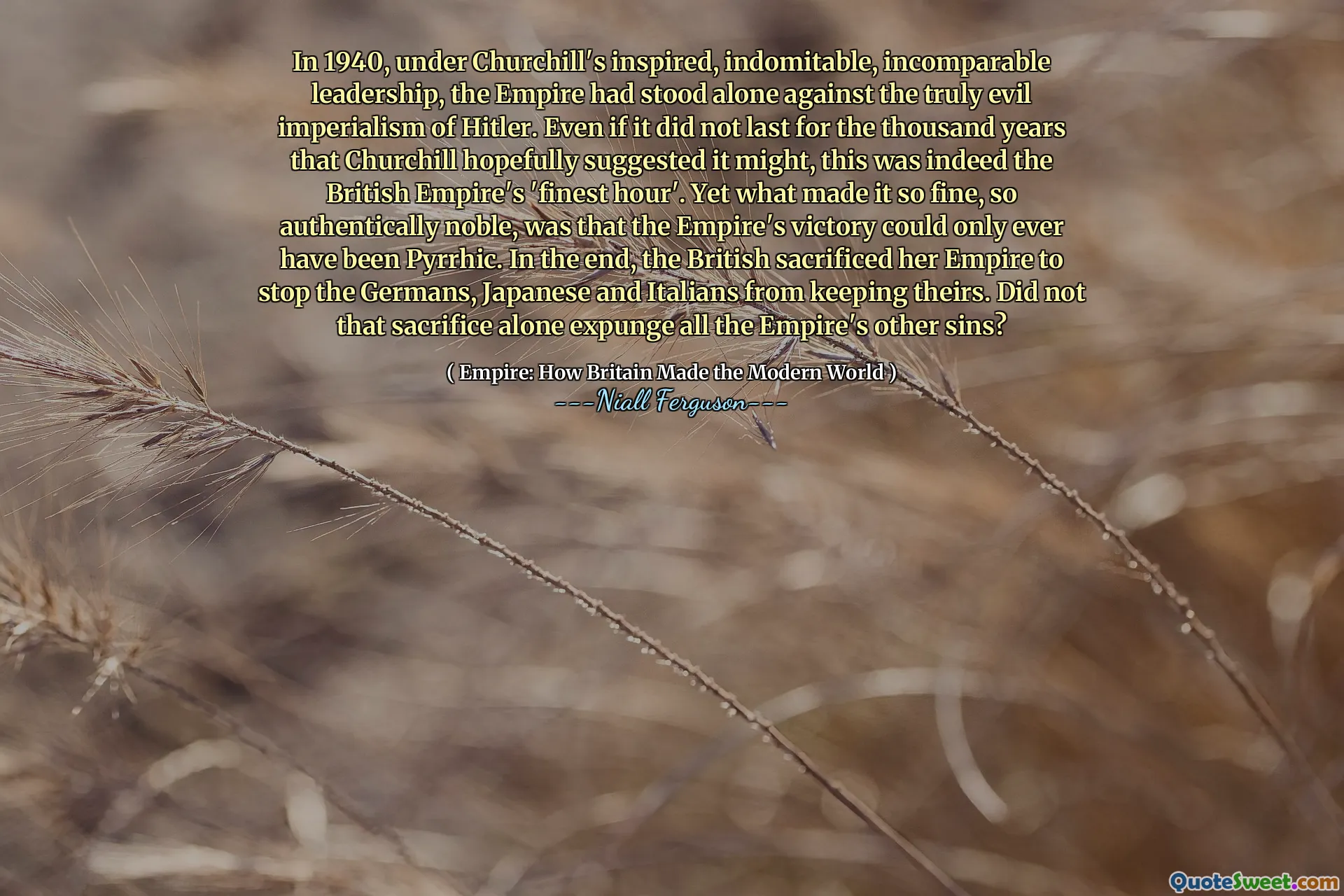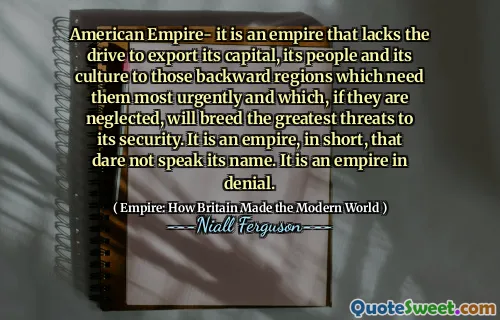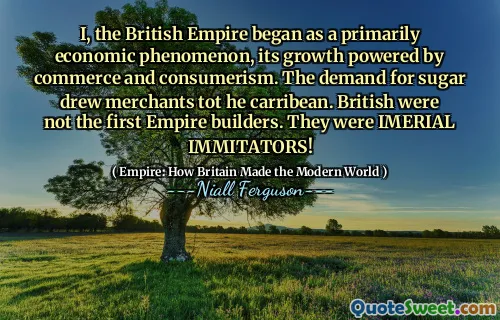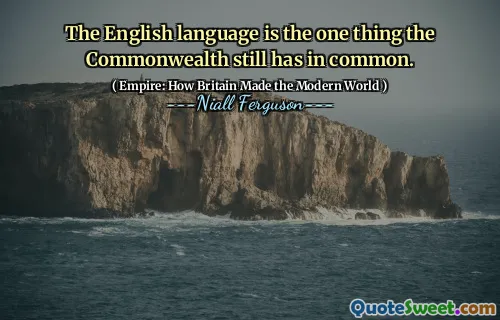
In 1940, under Churchill's inspired, indomitable, incomparable leadership, the Empire had stood alone against the truly evil imperialism of Hitler. Even if it did not last for the thousand years that Churchill hopefully suggested it might, this was indeed the British Empire's 'finest hour'. Yet what made it so fine, so authentically noble, was that the Empire's victory could only ever have been Pyrrhic. In the end, the British sacrificed her Empire to stop the Germans, Japanese and Italians from keeping theirs. Did not that sacrifice alone expunge all the Empire's other sins?
In 1940, Britain, led by Winston Churchill's remarkable leadership, stood resilient against the aggressive imperialism of Nazi Germany. This period is often seen as the apex of the British Empire, referred to as its 'finest hour.' Despite Churchill's hopes for the Empire's longevity, the victory over Axis powers came at a significant cost, revealing the complex morality of their struggle.
Ultimately, Britain's triumph was bittersweet and carried the weight of a Pyrrhic victory. To defeat the Germans, Japanese, and Italians, the British made profound sacrifices, which led to the decline of their own Empire. This act of relinquishing imperial power raised questions about the Empire's historical transgressions, suggesting that the sacrifice might offer a form of redemption for its past actions.











